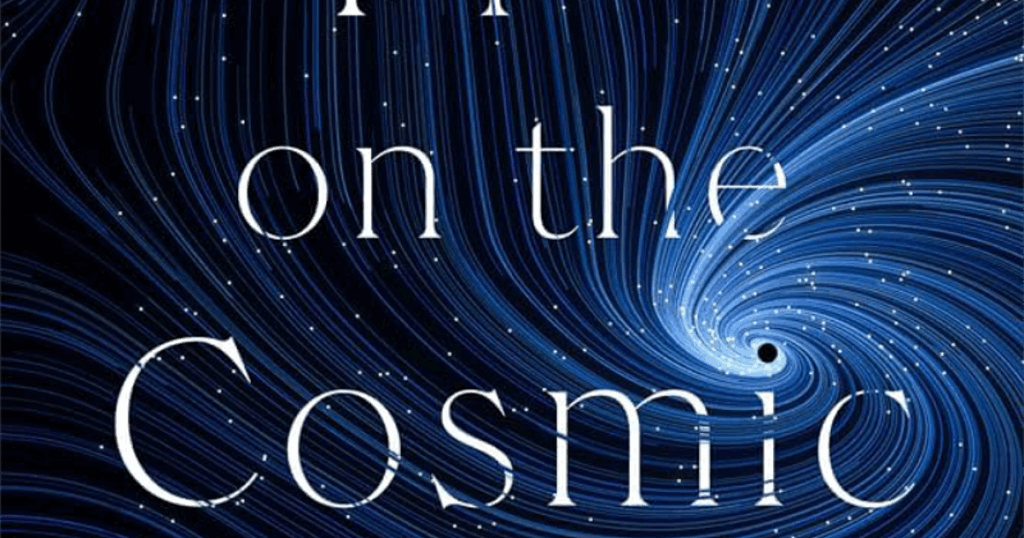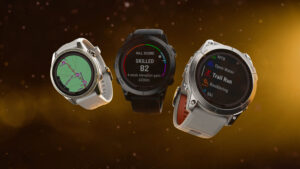
In a groundbreaking exploration of how cosmic phenomena have influenced life on Earth, historian Dr. Dagomar Degroot presents a compelling narrative in his new book, Ripples on the Cosmic Ocean: An Environmental History of Our Place in the Solar System. Published by Harvard University Press, the book delves into the interconnectedness of our planet with the wider solar system, revealing how events like Martian dust storms and solar flares have shaped human history.
Dr. Degroot, a professor of environmental history at Georgetown University, argues that understanding these cosmic influences is crucial for grasping the past, present, and future of our planet. His work invites readers to view the solar system as an interconnected ecosystem, one that has always played a role in shaping life on Earth.
The Cosmic Environment and Human History
The concept of environmental history traditionally focuses on Earth-centric phenomena such as earthquakes and climate change. However, Dr. Degroot expands this idea to include cosmic events, which he terms “cosmic environmental history.” This perspective considers the reciprocal relationships between humanity and the universe, ranging from microorganisms to galaxies.
Historically, the study of environmental history has focused on the impact of human actions on the Earth’s environment. However, Dr. Degroot’s approach highlights how cosmic events have also influenced human civilization. From the asteroid impact that ended the dinosaurs to the solar cycles that have affected climate and agriculture, these events have left indelible marks on human history.
Solar Influences and Human Civilization
The sun, as the primary source of energy for our planet, has played a pivotal role in shaping Earth’s climate and, consequently, human history. Dr. Degroot traces how solar cycles and phenomena like sunspots and solar flares have influenced climate patterns, leading to significant historical events such as famines and migrations.
“The sun is one of the greatest dictators of our local climate,” Dr. Degroot explains. “Solar variability and celestial cycles have driven ice ages and human migration, shaping civilizations.”
One of the most significant solar events in recent history was the Carrington Event of 1859, a massive solar storm that disrupted telegraph systems worldwide. Such events underscore the importance of understanding solar activity and its potential impact on modern technology-dependent societies.
Venus, Mars, and the Lessons of Planetary Exploration
Dr. Degroot’s book also explores how the study of other planets, particularly Venus and Mars, has informed our understanding of climate change and environmental science. The discovery of Venus’s runaway greenhouse effect provided a stark warning about the potential consequences of unchecked carbon emissions on Earth.
“Venus became a kind of worst-case scenario in the 1980s,” Dr. Degroot notes. “It served as a warning of what could befall Earth if we continue to burn fossil fuels.”
Meanwhile, Mars exploration has sparked discussions about planetary protection and the ethical implications of human colonization. As space agencies and private companies plan missions to Mars, questions about preserving potential Martian ecosystems and the impact of human activity on other worlds become increasingly relevant.
Asteroids, Comets, and the Threat of Cosmic Impacts
The threat of asteroid and comet impacts is another significant theme in Dr. Degroot’s work. Historical events, such as the Shoemaker-Levy 9 comet’s impact on Jupiter, have highlighted the potential dangers posed by these celestial bodies. In response, scientists have developed strategies for planetary defense, including tracking near-Earth objects and testing deflection techniques.
“The risk of an asteroid impact goes from being unknown to very, very low,” Dr. Degroot asserts. “This is a wonderful example of existential risk mitigation.”
Efforts to mitigate these risks have led to successful missions like NASA’s DART, which demonstrated the ability to alter an asteroid’s trajectory. Such advancements underscore the importance of continued investment in space science and exploration.
Looking Forward: The Role of Space in Earth’s Future
As humanity faces challenges such as climate change and resource scarcity, Dr. Degroot emphasizes the importance of looking to the cosmos for solutions. By understanding our interconnectedness with the solar system, we can develop strategies to protect our planet and ensure a sustainable future.
Dr. Degroot’s Ripples on the Cosmic Ocean offers a thought-provoking perspective on the role of space in shaping Earth’s history and future. As we continue to explore the cosmos, the lessons we learn may prove invaluable in addressing the existential challenges facing our world today.







